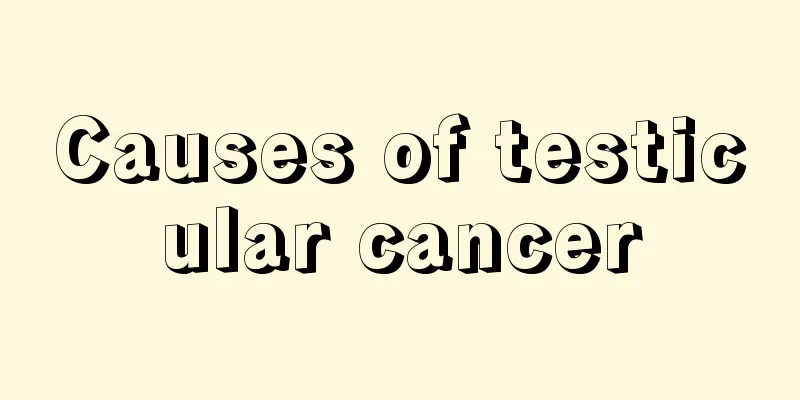Things you need to know about HIV testing

|
AIDS is still a disease that threatens human health. AIDS is transmitted through three major ways: blood, mother-to-child transmission, and sexual intercourse. The HIV virus is an RNA type, which means that the speed of developing a specific vaccine against HIV is far slower than the mutation rate of the HIV virus itself. The number of people who have been cured of AIDS can still be counted on one hand. But few people may know about the HIV test. Diagnostic criteria 1. Those who are HIV antibody positive and have any of the following conditions can be diagnosed as AIDS patients. (1) Weight loss of more than 10% in the recent period (3-6 months) and persistent fever of 38°C for more than one month; (2) Weight loss of more than 10% in the recent period (3-6 months) and persistent diarrhea (3-5 times a day) for more than one month. (3) Pneumocystis carinii pneumonia (PCR) (4) Kaposi sarcoma KS. (5) Obvious fungal or other pathogenic infections. 2. If the antibody-positive person has symptoms similar to item 1 above, such as weight loss, fever, and diarrhea, he or she may be confirmed to be an AIDS patient through laboratory tests. (1) CD4/CD8 (helper/suppressor) lymphocyte count ratio <1, CD4 cell count decreased; (2) Swollen lymph nodes throughout the body; (3) Obvious symptoms and signs of central nervous system space-occupying lesions, such as dementia, loss of discrimination, or motor dysfunction. Differential Diagnosis Need to be differentiated from the following diseases: 1. Primary immunodeficiency disease. 2. Secondary immunodeficiency diseases, secondary immune diseases caused by corticosteroids, chemotherapy, radiotherapy or malignant tumors. 3. Idiopathic CD4+T lymphocytopenia, which is similar to AIDS, but without HIV infection. 4. Autoimmune diseases: connective tissue diseases, blood diseases, etc. AIDS with fever and weight loss needs to be differentiated from the above diseases. 5. Diseases causing swollen lymph nodes: such as KS, Hodgkin's disease, lymphoma, and blood diseases. 6. Pseudo-AIDS syndrome: AIDS phobia, a group of neurological symptoms similar to the early symptoms of AIDS seen among British homosexuals. 7. Central nervous system diseases: Brain damage may be caused by AIDS or other reasons and needs to be identified. |
<<: Health care remedies are surprisingly simple
>>: Remember these symptoms of lumbar spondylosis
Recommend
Diet therapy for osteosarcoma in the elderly
Patients with osteosarcoma are in great pain beca...
What happens when I want to defecate but can’t?
Always wanting to defecate but being unable to do...
How to remove blackheads
The place where blackheads are most likely to acc...
The difference between miscarriage and abortion
Miscarriage and abortion have both similarities a...
Wrong sleeping posture makes lower body fat
Many people do not want to lose weight normally, ...
How to better prevent laryngeal cancer
Among cancer diseases, laryngeal cancer is one of...
Which is the best way to stretch?
When it comes to stretching, if many people do no...
What is the use of applying essential oil to hair
Many people will apply some essential oil on thei...
What are the complications of rectal cancer
In recent years, the incidence of digestive tract...
Diagnosis of prostate cancer
Cancer can occur in any part of our body, includi...
Symptoms of neck muscle strain, early treatment when symptoms are discovered
Muscle strain is very common among people nowaday...
Bronchial mucosal inflammation
Bronchitis is also a tracheal disease that tormen...
Can 3-in-1 coffee help you lose weight?
Three-in-one coffee is what we often call instant...
What are the causes of thyroid cancer?
What are the causes of thyroid cancer? The occurr...
What types of pituitary tumors can be divided into
With the improvement of people's living stand...









